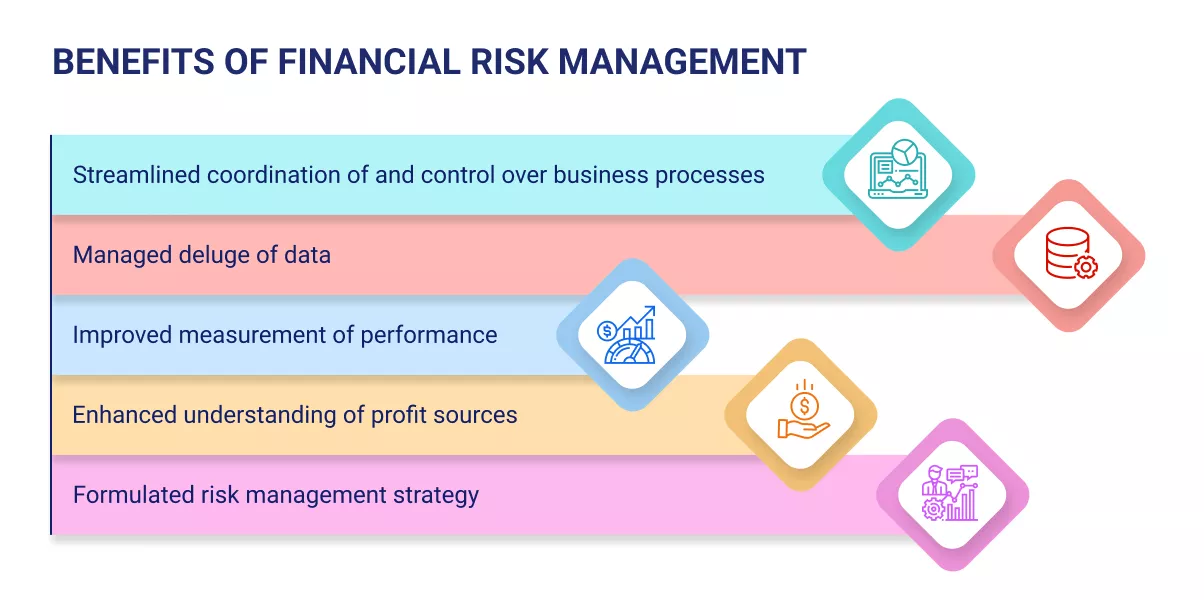The Undeniable Importance of Risk Management in Safeguarding Business Success
The Undeniable Importance of Risk Management in Safeguarding Business Success
Blog Article
The Value of Recognizing the Importance of Risk Management in Numerous Industries

The Core Principle of Risk Management and Its Function
Risk Management, the foundation of numerous markets, pivots on the identification, examination, and mitigation of uncertainties in an organization setting. By properly recognizing prospective dangers, companies can develop approaches to either prevent these dangers from occurring or reduce their impact. As soon as risks have actually been recognized and examined, the mitigation process includes creating approaches to reduce their prospective effect.
Benefits of Implementing Risk Management in Company Workflow

Revealing the Function of Risk Management in Different Industries
While every market faces its distinct set of threats, the application of Risk Management approaches remains an usual denominator in their pursuit of sustainability and development. In the health care sector, Risk Management entails making sure person safety and data protection, while in finance, it involves mitigating investment dangers and making certain regulative conformity. Ultimately, the function of Risk Management across sectors is to identify, assess, and reduce threats.
Real-life Study Demonstrating Successful Risk Management
To recognize the value of Risk Management in these numerous industries, one can look to numerous real-life instances that illustrate the effective application of these actions. Toyota, upload the 2011 earthquake in Japan, revised its supply chain Management to he said decrease interruption threats. These cases demonstrate just how industries, discovering from situations, properly used Risk Management techniques to lower future threats.
Future Fads and Growths in Risk Management Approaches
As the world remains to evolve, so also do the patterns and advancements in Risk Management strategies. Fast advancements in modern technology and information analytics are reshaping the Risk landscape. Huge information and AI are currently instrumental in anticipating and reducing dangers. Organizations are leveraging these tools to develop anticipating models and make data-driven decisions. Cybersecurity, when an outer issue, has catapulted to the leading edge of Risk Management, with strategies concentrating on detection, avoidance, and response. The assimilation of ESG (Environmental, Social, Governance) aspects right into Risk Management is another expanding fad, reflecting the increasing recognition of the function that environmental and social risks play in organization sustainability. Hence, the future of Risk Management depends on the fusion of advanced modern technology, cutting-edge methods, and an alternative technique.
Conclusion
In verdict, understanding the significance of Risk Management across a spectrum of markets is essential for their durability and success. Inevitably, effective Risk Management contributes to much more resistant and sustainable companies, highlighting the significance of this method in today's very competitive and dynamic business atmosphere.
While every industry challenges its one-of-a-kind set of threats, the implementation of Risk Management techniques continues to be a typical in their pursuit of sustainability and development. In the healthcare field, Risk Management entails guaranteeing patient safety and information security, while in money, it involves mitigating investment risks and making certain regulative conformity. Ultimately, the function of Risk Management throughout markets is to determine, evaluate, and reduce threats. These situations demonstrate just how markets, discovering from crises, efficiently applied Risk Management strategies to lower future dangers.

Report this page